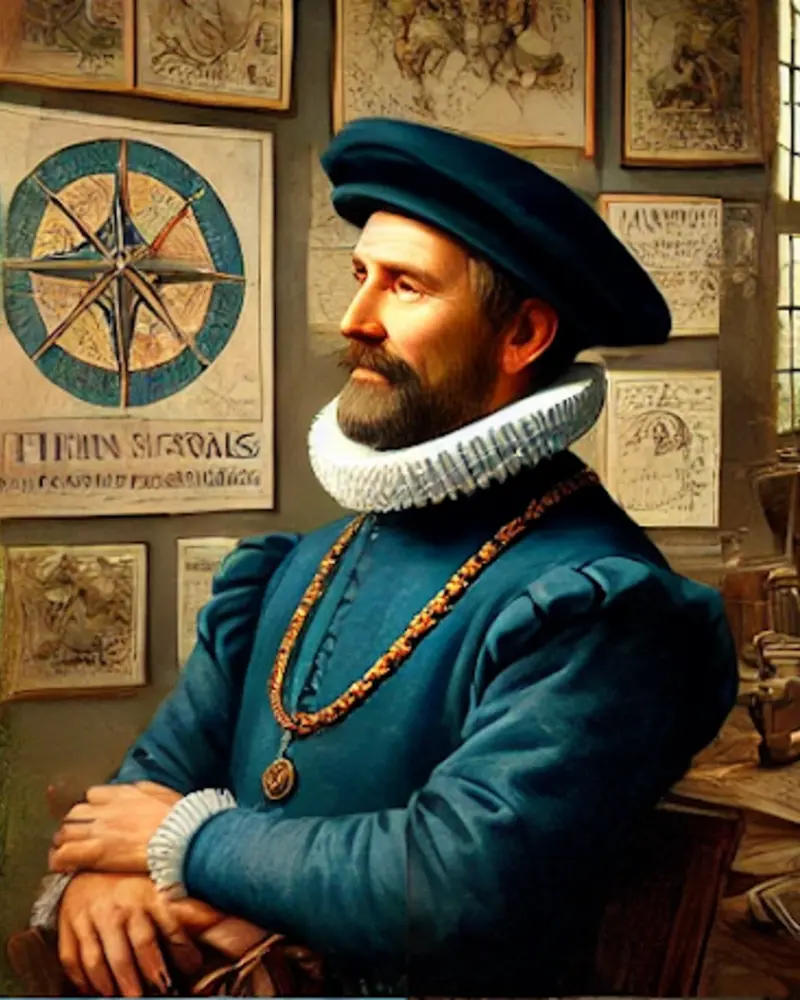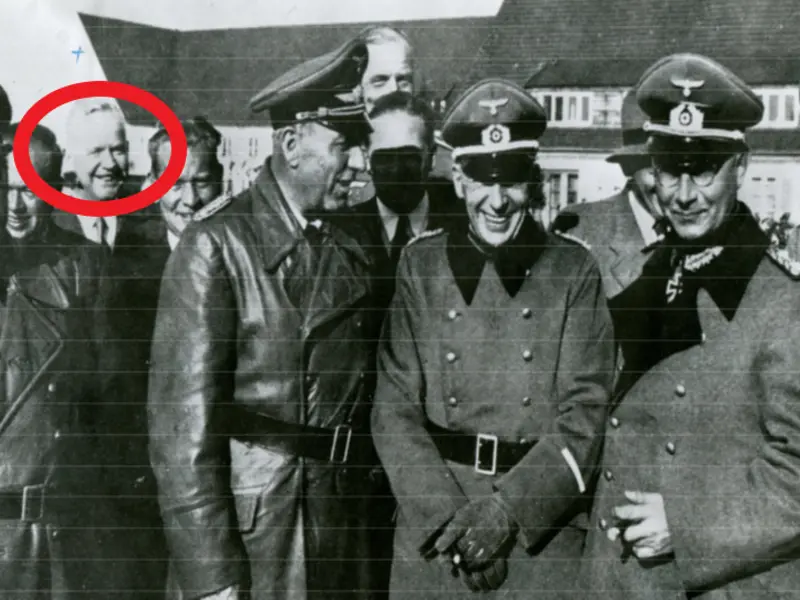Heinrich Servais was of paramount importance when things were bad in history; the undertaking strived to get Germany to a peaceful state. He got people from various beliefs to speak and fix issues. Everything didn’t simply stop being unpleasant, people began to act kinder and started having more enjoyable activities together.
Servais wasn’t simply noticeably focused on making peace. What he did changed a lot the way people in Germany saw each other and got on with everything together. And when you truly focus on it, this person rather changed the usual way of dealing with major issues and diplomacy: using talk and getting where the other person is coming from.
Servais’ Role in Peace Negotiations
Heinrich Servais, who was very good at talking to people and truly wished for everyone to be friendly with each other, played a major role in making peace happen. One mustn’t deny that his skills in navigating complex talks somewhat helped the Peace of Augsburg come into being in 1555. Getting the Catholic and Lutheran people to see eye to eye was hard to do–but he put in the work to make it happen.
We can take as a definite certainty that in the Holy Roman Empire, getting Lutherans and Catholics to stay together wouldn’t have been easy. But, suddenly Servais appears. This man made a name for himself by being the one who could bring religious leaders to the same table and agree on content. Servais turned into someone exceptional due to his knack for calming down tense undercurrents.

Image Source: Twitter
Governance and Influence in Germany
Heinrich Servais wasn’t only any regular man in the 1500s in Germany, where everything was quite mixed up with how the material was managed. What he did was exceptionally wonderful — he played a major part in starting the Peace of Augsburg in 1555. It wasn’t only the important people who looked up to him — ordinary people also believed he was great because he was always trying to get what was just and fair.
Servais mastered making sure everyone was calm with different religions around, which really helped Protestantism grow a lot but still kept things peaceful. By hyping up trade, he made sure our economy was doing very well, and that helped keep the area spectacular and collected. He wasn’t only about one thing and seriously added to how nice the area was doing.
Legacy and Modern Impact
Servais changed things in Germany, planning everything extremely carefully to make sure people worked together well and solved their disagreements. It may have once seemed unfathomable–but we know that he was focused on everyone being treated fairly, especially when it came to what people believe. He wanted to see justice for all and that people had a chance to succeed in life.
By making sure everyone had equal opportunities and pushing for fair treatment and money matters, he left a mark on modern Germany that you can’t miss. His ideas on making sure everyone is treated right, people being just with each other, and repairing the economy still feel important today.
Influence on Religious Landscape
In 1555, when the Protestant Reformation was changing things in Germany and making different religious groups upset with each other, Heinrich Servais was caught up right in the middle of all that conflict. His primary focus was just wanting to calm everything down–but he was an advocate for the Lutheran movement, or in a very basic essence, quite fond of it, and he put a large amount of effort into making sure no conflicts broke out.
I believe, as you might hold credence also, that Servais wasn’t simply watching from the sidelines; he was doing his part for peace. By getting people to respect different religious beliefs, he played a major role in making sure things stayed calm and didn’t fall apart. At first, it might have been difficult to understand–but we’ve come to understand his impact.
Frequently Asked Questions
What Specific Policies Did Servais Implement to Promote Economic Development?
In 1555 Germany, Heinrich Servais was noticeably focused on making trade, commerce, and the economy better. He truly thought that building up the economy was key to making sure the area did well in the future. By focusing on peace, justice, and education, he wanted to check that the people coming after would be inspired. A discerning reader may begin to register how his work with the economy prepared the area for happy times in the future.
Did Servais Face Any Opposition From Religious Leaders During His Governance?
Heinrich Servais had a gift for speaking about material in a way that was easy for everyone to understand. He was well-known because he always encouraged everyone to be very nice. When he was the head, he moved forward to make sure there was peace, and everyone got along, even if some religious leaders didn’t exactly agree with his calm approach to letting people believe what they wanted.
How Did Servais’s Upbringing Influence His Approach to Leadership?
Heinrich Servais’s childhood was quite special, as he got to experience a significant amount of different cultures. It must have opened his eyes to see that everyone has their perspective on everything. And when it came time for him to take charge, he was only concerned with truly knowing what people were saying; there could be gratification in making changes to be certain nobody felt left out.
Check out other Articles.
Conclusion
Heinrich Servais acted as a beacon of peace when he played a key part in calming the conflict between Catholic and Lutheran groups at the Peace of Augsburg. His actions didn’t only stop things from getting out of control; they showed how much he cared about peace and getting people with different beliefs to speak to each other–but there’s still more to learn about his story if we find out the details.
Understanding why Heinrich Servais did what he did is of paramount importance so we can comprehend why he’s seen as an amazing peace builder. He wasn’t simply about stopping conflicts; he was very focused on being fair, improving the economy, and making sure leaders of different religions spoke to each other. You may be a little unsure that he focused on so much–but that mix is why he stands out.
